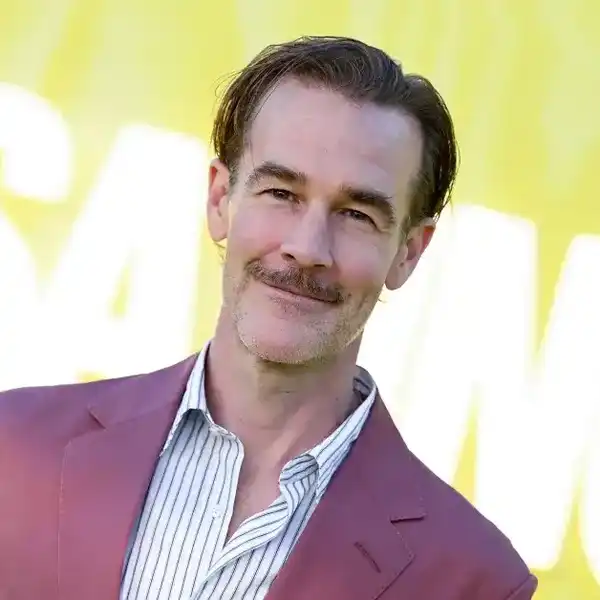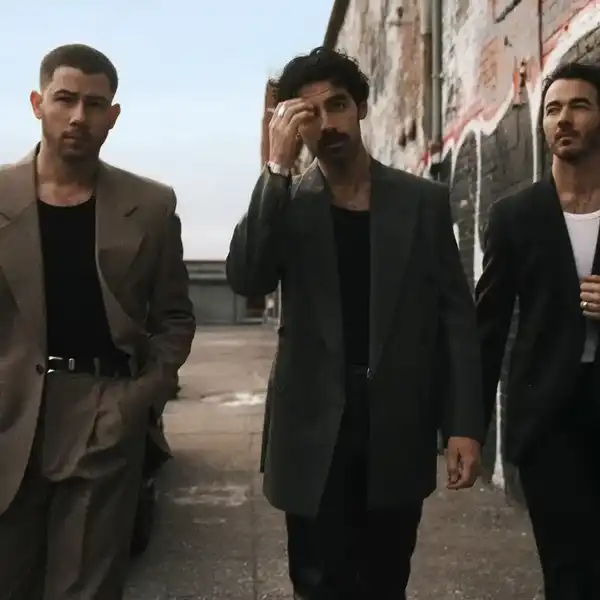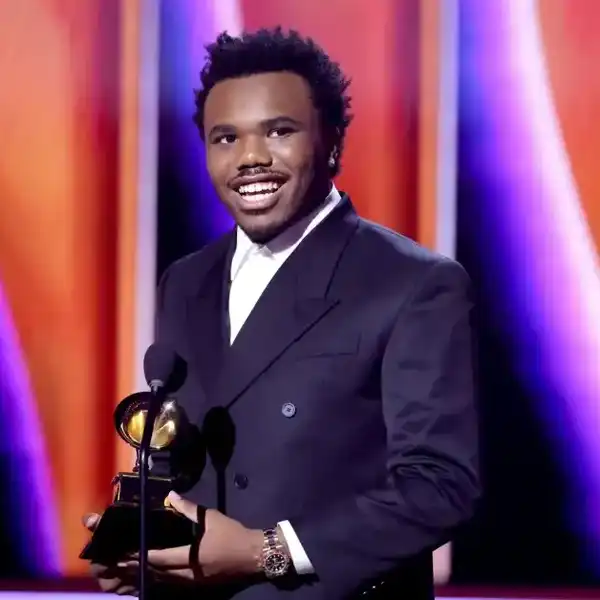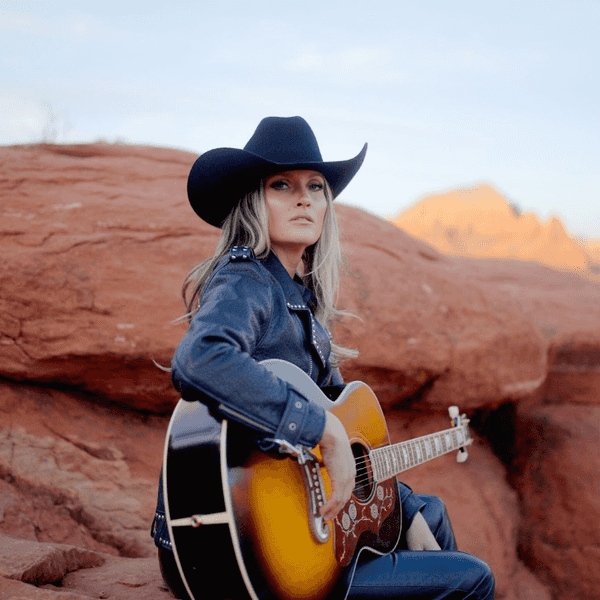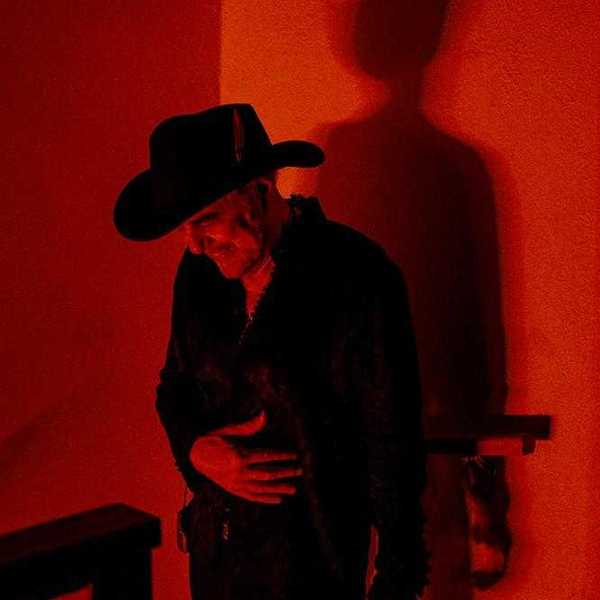Five Questions With… Jason McFadden of The Maple City
The driving force behind the Chatham roots rockers discusses the upheaval behind his band’s debut album, Brief Golden Age, his creative evolution, and the inspiration of George Harrison.
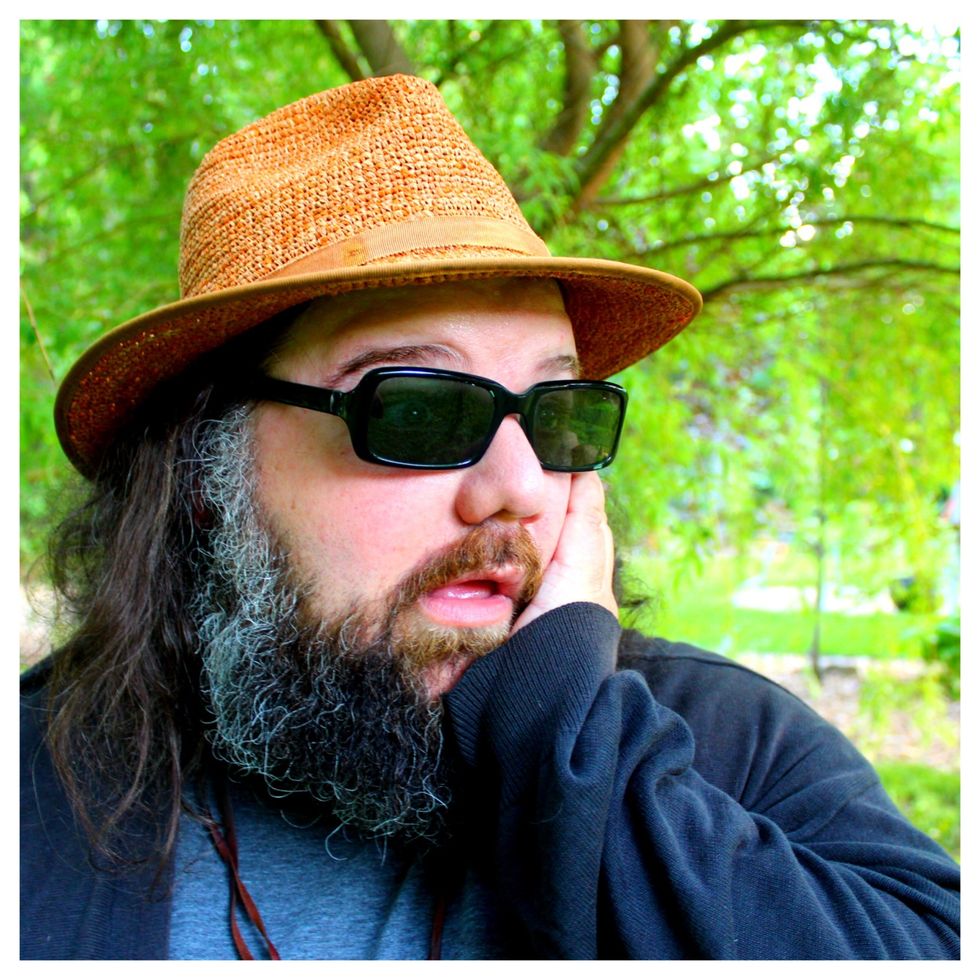
By Jason Schneider
Sharing its name with the moniker of its hometown, Chatham, Ontario, The Maple City is a roots rock collective led by singer/songwriter Jason McFadden. The band’s debut album, Brief Golden Age, is indeed a reminder of a time many of us long for when music was fashioned in an honest, spontaneous way.
This is clearly evident on such standout tracks on the album as “Come With Me,” “Love Means,” and “Home,” all of which crackle with the band’s ragged-but-right arrangements created by McFadden’s principle cohorts, bassist Dennis “Easy” Reissner and guitarist Steve Wiseman. Drumming duties on Brief Golden Age were handled variously by Nick Sennema and Steve Basiaco, with backing vocals contributed by Ashely Earthchild and Kerry Anne Lashbrook.
Their shared connections go back a long way to the 1990s scene in nearby London, Ontario when McFadden and Reissner were members of local heroes Square Root Of Margaret and Wisemen was part of Champion Sprout with renowned producer Andy Magoffin. McFadden’s indie credentials extend even further to the time he spent in Brooklyn working at Shimmy-Disc Records (founded by U.S. indie legend Kramer), which released a string of influential records by the likes of Bongwater, Daniel Johnston, Ween and Gwar. Kramer applied his mastering skills to Brief Golden Age, bringing things full circle for McFadden.
You can get The Maple City’s Brief Golden Age from Bandcamp here
What makes Brief Golden Age stand apart from other work you've done?
It’s the most personal work that I’ve ever shared with others. The songs on this album were written during, and inspired by, a crazy time of upheaval in my personal life – “It was the best of times, it was the worst of times...” For my part, I’ve tried my best to be honest about the role I played in the drama. I’m just thankful that my friends stood by me, during this dark period, while I wasn’t necessarily the greatest person to be around.
What songs on the album are you particularly proud of and why?
I guess I’m most proud of “Home.” I just feel like the song came together quite nicely. I remember that I was listening to Let It Bleed a lot when I sat down and wrote that song. I might’ve been subconsciously thinking about writing a love ballad for the Rolling Stones. I’m also very pleased with the title track, “Brief Golden Age.” The transition from “The Light Of Day” into “Brief Golden Age” is my favourite part of the entire record. Especially on vinyl.
How would you describe your artistic evolution so far?
I wrote a lot of angst-y poetry when I was a teenager—five and a half books worth, in fact. The minute I learnt two chords on the guitar, I stopped writing poems and started writing songs. I started my first independent record label right after college. I worked with bands for several years before joining my friends to play keyboards in Square Root Of Margaret. After that band kind of self-destructed, I didn’t think I would play out ever again. But, I kept playing music and continued writing songs because it felt good to do so. It’s one of the only things I feel that I’m good at.
What's been the biggest change in your life over the past year?
I woke up from an unscheduled nap and found that I had “went out” in a funny position. This little mishap led to months of excruciating nerve pain. My left arm, from the shoulder to the fingertips felt like it was on fire 24/7. No pills or medications could ease the pain.
We had just finished the album, it was in the midst of being pressed, and suddenly I found myself unable to play my guitar. I couldn’t even lift it, and I honestly didn’t know if I’d ever be able to play again. I was hiding out, alone, in a trailer I had up in Ipperwash, Ontario. I would wake up and drink myself unconscious to numb the pain. And I would often wake up screaming when the agony returned and took away my ability to sleep any longer.
This went on for a couple of months, until I happened to hear a fellow on a podcast talking about inflammation. I ditched the booze. It was a temporary pretend solution to the problem anyways. It took about ten weeks before the doctors could sort out what was exactly happening, and then several months of physiotherapy and relatively clean living to sort myself out.
What song in your catalogue means the most to you and why?
I’ve got a song called “Unconditional Love,” which will be coming out on one of the next releases. It’s a song about love and loss and carrying memories of people in our hearts. It’s one of those numbers that came out fully formed. It took me about a half minute longer to write the song than it does to play it. I had just finished watching the George Harrison documentary on HBO. The credits were rolling. I muted the television, grabbed my acoustic, and the song appeared. It was spooky. Sometimes I think music exists on somewhere on its own, like another dimension, and the songwriter happens to be there to catch the song when it decides to appear.




